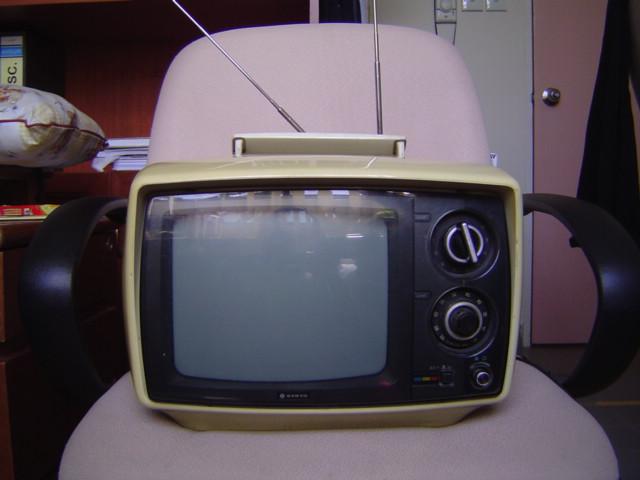
The problem is that in a real family, there is real interaction and real conversation. Thoughts flow both ways, and each member of the family influences each of the others. This is obviously not the case with our "TV family"; the thoughts and influence flow from them to us. The viewer can, and in most cases should, refuse to watch, but no more subtle form of correction is available. In spite of this, because the TV characters are so familiar, and because we may be spending almost as much time with them as with our real families, they influence us the way our friends and families do: they exert peer pressure on us.
What about radio? After all, radio dramas came before TV. Radio engages the imagination, not just the senses, and any use of the brain is the deadly enemy of peer pressure. This is even more the case with books. We think about what a character in a book does -- sometimes, more, sometimes, less, but unavoidably. With television and movies, though, we simply experience what is shown to us. (Movies give a similar sensory experience to TV, but because they do present us -- these days, anyhow -- with the same characters on a weekly basis, I don't think they are as influential.)
This, I think, goes a long way toward explaining the change in morals since the development of the television.
No comments:
Post a Comment